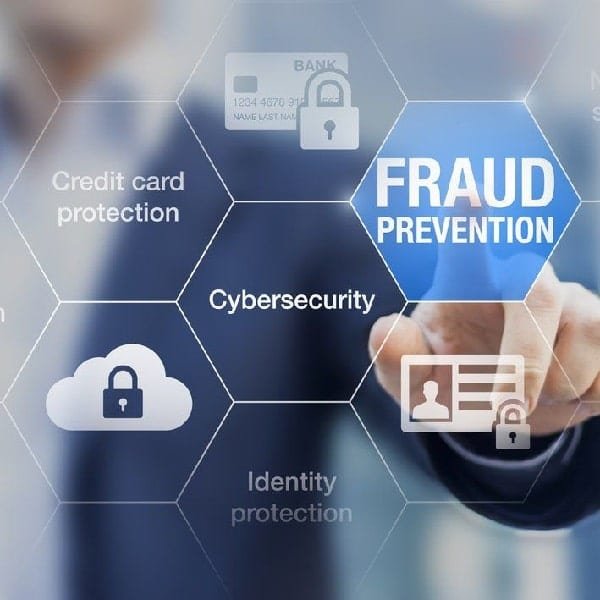In the past two decades, communication has seen exponential growth. Since inception, social media networking has revolutionized the social space by allowing people to share thoughts and photos over apps such as Facebook, Twitter, or Snapchat. All these apps require you to input your personal details during registration. Technology advancement also means that your privacy is at risk, especially with hackers becoming more adept at stealing data. Social and digital media threatens your privacy in several ways.
Attracting Stalkers
Sharing your life on social media may seem harmless. It is possible to attract stalkers by sharing aspects of your life via social media. You may have set your privacy settings to high, and no one can view your details except your friends, but a stalker can find a way around these settings. Stalkers check your online habits to get to your personal data. The apps you download, the site subscriptions, or the online games you play, all have your personal details. Each time you go to a certain web page, these pages put markers on your gadget (cookies) and follow your online activity.
Making you vulnerable to hackers
Hackers thrive on spreading malware. They get into social media sites and inject malicious viruses, steal identities and go ahead and block you from access. Hackers use shortened URLs, which trick you that they are legit links. Since the full URL is not visible, your personal data is not safe. Hackers get better every day, and if you do not take measures and stay vigilant, it is very easy to be hacked by clicking on unverified links. Hackers love to hack into company websites, lock everyone from accessing the data, and then ask for ransomware. Once the hackers are paid, there is no guarantee they will give you access to the data.
Making you an identity theft target
Identity theft is far more rampant than we think. Facebook and other accounts are hacked every other day. Identity thieves hack into social media sites and obtain your information, no matter how high your security is. They hack into your email account via your social networking details. Their most common trick is to use the “forgot password” trick to get your information sent to them via email. Once the hackers get into your email, they have access to your private data on all the social networking sites. Social sites are especially vulnerable to identity theft, and most people have at one time or the other been victims of this.
Third-party applications threat
Social media appeals to many because of its many games and applications. A good number of the apps and games are not safe, as you have to give the app some permission to access your personal data. The danger especially lies in people not knowing what the apps request to view and share. Most people do not read the fine print in the terms and conditions; they just go ahead and tick the “agree” box. Ensure you read the fine print, and to be on the safe side, stay away from these third-party applications. If you need to access them, use incognito mode to block cookies.
There are some ways to help you safely manage these threats:
Installing a VPN
VPNs (Virtual Private Networks) allow the users to connect to other networks and share data over public networks securely. It hides your true Internet Protocol (IP) address. The safest way remains to install a Windows VPN to protect your privacy from prying eyes. VPNs help with online anonymity. They help you gain access to the internet and browse incognito. VPNs also allow you to bypass filters on the internet for blocked websites.
Using Incognito mode
Incognito mode, also known as private browsing is a browser setting that does not allow browsing history saving. In normal circumstances, any web site that you visit, all the cookies, photos or text are saved on your browser. In incognito mode, the browser forgets these details when you exit the browser window. This makes it hard for anyone to track you using your browsing history.
Conclusion
Social media is fun as long as you know that danger lurks underneath. While using social media, you must be vigilant and watch out for stalkers, hackers, identity thieves, and third-party applications that require your personal information for access.
Protect your data from hackers by using incognito mode, or installing VPNs, which allow you to browse privately. At the rate technology is growing, we have to keep up with it by updating our gadgets. Hackers have advanced in their quest for your information and you have to keep up to keep it away from their prying eyes.


